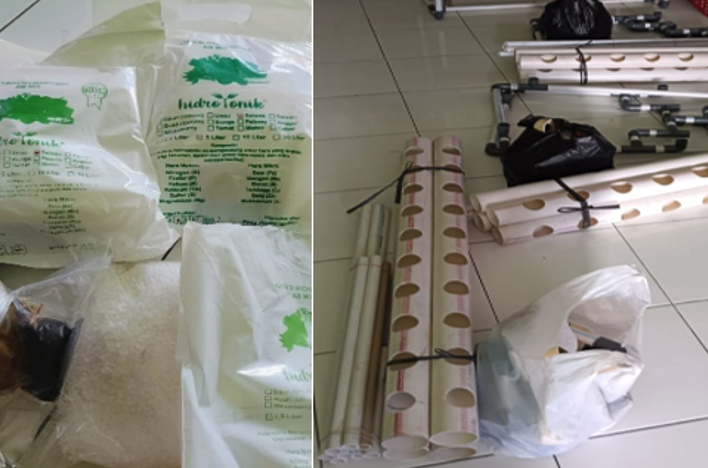Main Article Content
Abstract
The lack of understanding and skills in utilizing limited land for productive activities has caused women in RT 4 RW 8 Cibangunkidul, Tasikmalaya City, to rely solely on the family head’s income. This community service program aims to empower the community through hydroponic farming education to improve family health and economic conditions. The implementation methods consisted of three stages: (1) Preparation Stage, involving situational analysis and problem identification; (2) Implementation Stage, covering education on seeding, nursery management, harvesting, as well as health and entrepreneurship training based on hydroponic products; and (3) Evaluation Stage, using pre-tests and post-tests to measure participants' knowledge improvement. The evaluation results indicated a significant increase in participants' understanding of hydroponic farming (83.4%) and the health benefits of hydroponic vegetables (77.8%). In addition to technical understanding, the program encouraged participants to apply their knowledge in daily practices, potentially enhancing family income and improving dietary habits. Thus, this empowerment program has proven to have a positive impact on the community’s economic and health conditions.
Keywords
Article Details

This work is licensed under a Creative Commons Attribution-NonCommercial 4.0 International License.

